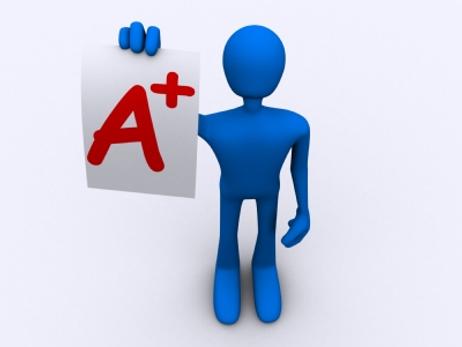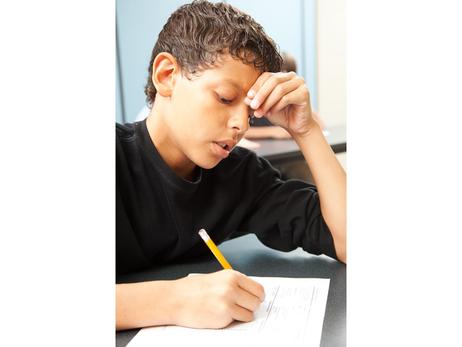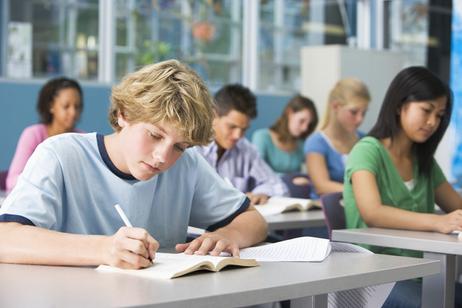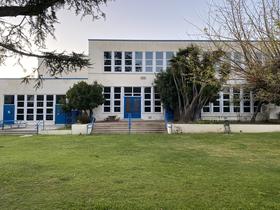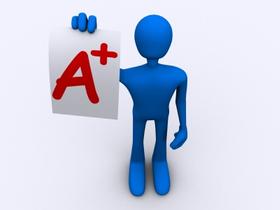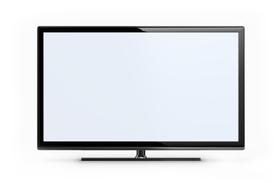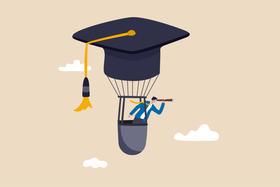Athletic programs in private schools are an integral part of school life. They are not 'optional'. All students participate in some athletic activity weekly while school is in session. Most private schools set aside a weekday afternoon - generally Wednesday - for athletics. There are no classes. Everybody is involved in some athletic activity somewhere on campus. In boarding schools, part of each Saturday is also given over to sports. Throughout this article, I have quoted from private school websites so that you can get an idea of how private schools view competitive and recreational sports.
"Competitive or recreational sports at Putney are valued for fostering individual skills and strengths. Sports do not conflict with art activities, so there is no need to choose between one or the other."...The Putney School, Vermont
This is also a fundamental difference between private and public schools. I am not saying that sports in public schools are not important. It's simply that when money has to be trimmed from a public school budget, it is often trimmed from the athletics budget. Why? Because the board would rather trim that expense than lay off more teachers. It is a tough choice that most private schools don't have to make and will not make in most cases.
"The Gunnery's sports program cultivates competition and cooperation in the context of organized athletics. This is a tradition that stretches back, unbroken, to Mr. Gunn's era. A staunch advocate of physical fitness, he created the school's


